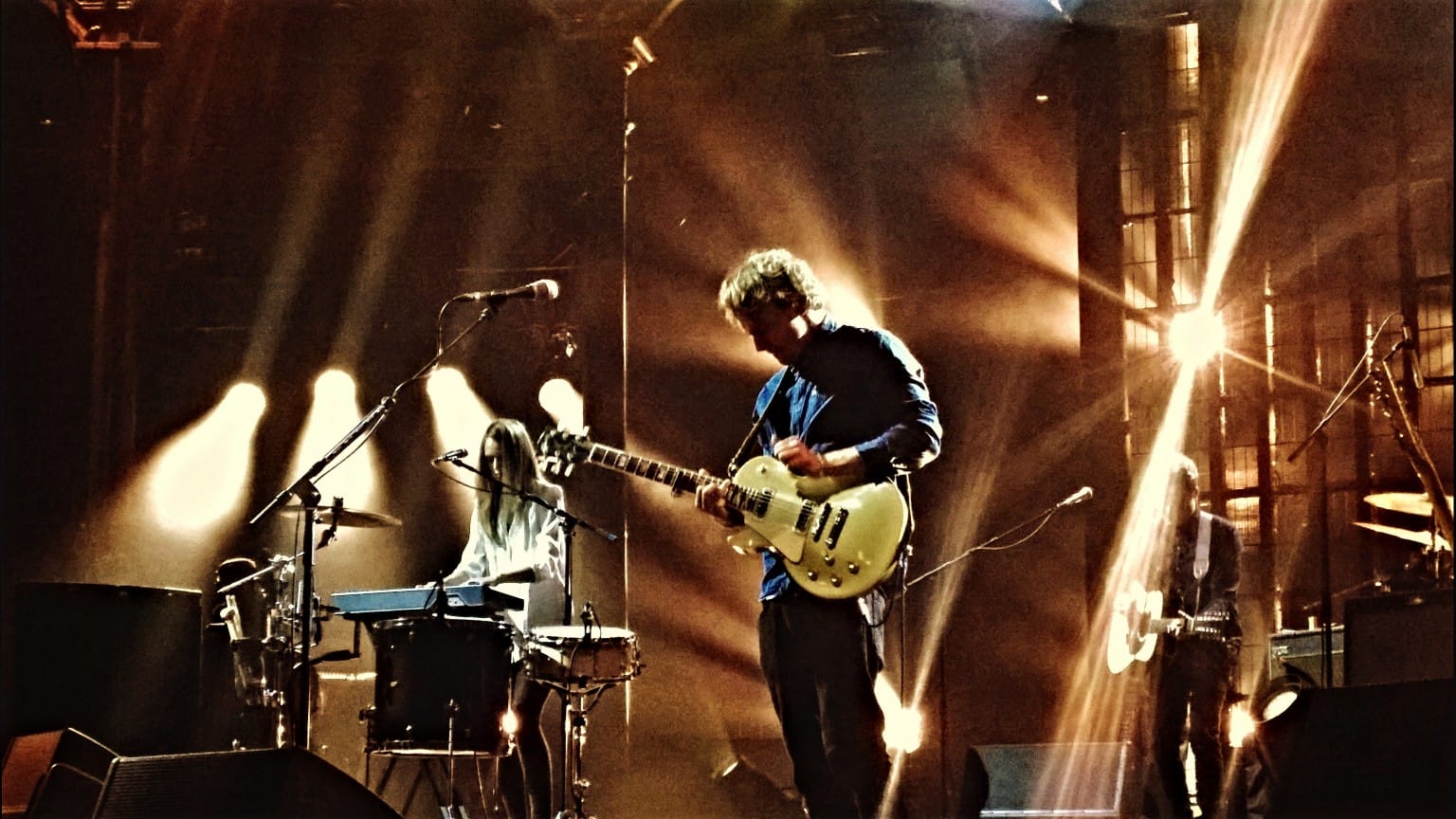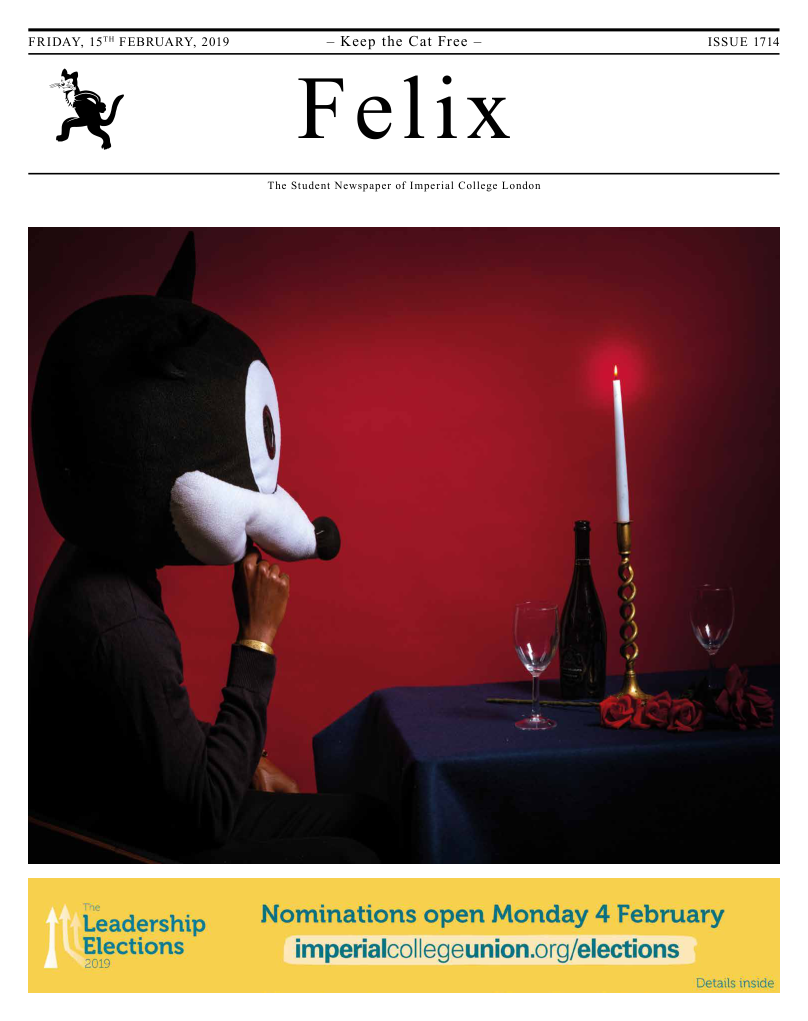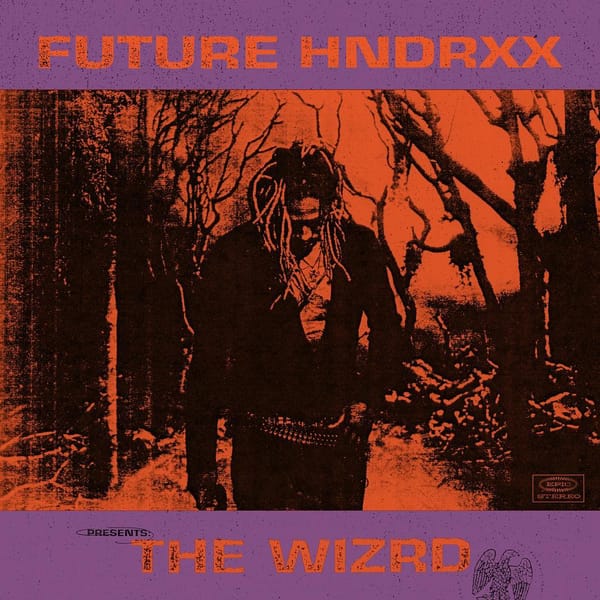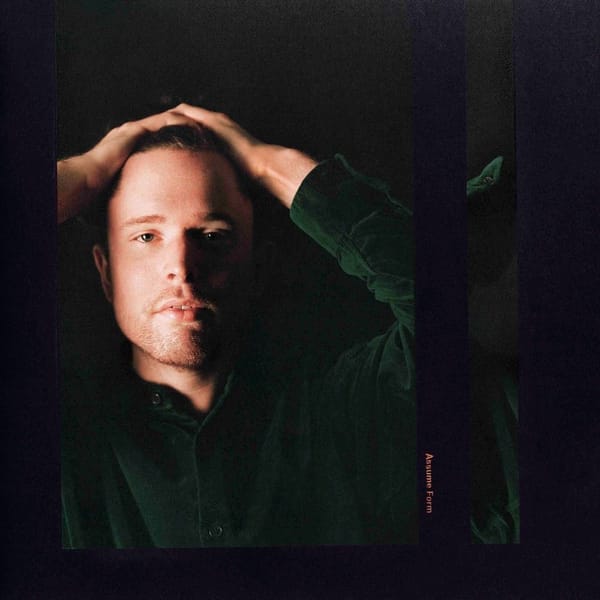Noonday Dream revisited: How one gig opened my eyes to the full beauty of Ben Howard’s latest album

Released back in June 2018, Ben Howard’s Noonday Dream was drastically unlike any of his previous works, dividing fans and critics alike. Initially panned by many (music writer Alex Large included) for its sombre and desolate tones , the album is a slow burner that has to be experienced live to be fully appreciated.
Ben Howard has had an interesting change in sound throughout his releases. His debut, Every Kingdom, was full of uplifting indie-folk songs with sing-along choruses and a (generally) carefree tone. His next release, The Burgh Island EP, marked a change in mood hinted at by the cover art; these songs were darker, but the shift from naiveté to moodiness made the music more compelling; optimistic melodies and lyrics were replaced with moments of soul-bearing emotional potency which were far more exciting in their honesty and vulnerability.
His sophomore album, I Forget Where We Were, continued to eschew the light-hearted ballads that brought him fame, and again featured album art to broadcast this intention. The majority of the songs were dark and complex, yet kept accessible by clear and well-crafted song structures and Ben’s passionate, emotional delivery.
It was evident, therefore, that Ben had disavowed the upbeat tone of Every Kingdom that had brought him fame, and his biggest hits. The first trajectory of Ben’s sound was from youthful innocence to a more mature, sombre tone, and Noonday Dream demonstrates a second shift: from extreme approachability, to a heavier sound made compelling by raw displays of emotion, and finally to a style that is far more reserved, less attention grabbing, and more difficult to appreciate on a first listen.
Because of this unexpected change in accessibility, when I first listened to Noonday Dream, I was disappointed. I’d grown to expect melancholic and desolate music that was still transparently emotive and direct, with clear melodies and song structures that could be parsed without requiring much focused attention. I shelved the album, thinking he had lost his passionate spark and gone oddly tame.
However, after attending a live show this January, the music clicked. These live performances were just as subtle and understated as their album counterparts, but the act of being present in the same room as the performer and his band, with full attention paid to the music, made their oblique beauty come to life. And the fact that Ben chose to play these songs almost exclusively struck me as brave, considering the marked difference in tone between them and the songs most of the crowd no doubt wished to hear. It was admirable that Ben stuck to his guns and didn’t play a single sing-along hit that he must now see as childish, and demonstrates great faith in the new material.
With a newfound appreciation for both the music and Ben’s artistry, I revisited the album, and found a veritable treasure trove of beauty. The simple, catchy choruses of Every Kingdom are gone, and so too are the dark, tormented screams of passion that provided many of the most potent moments from his previous album. In their place are powerful lyrics which are at times abstract and poetic, at times direct and profound, but always sung with charming restraint. The instrumentals are softer, denser and more interesting than previous albums, with less reliance placed on a finger-picked guitar, and still contain moments of intensity that lend the album a good sense of pacing and variety.
The primary theme of this Noonday Dream, evidenced both in the newly restrained sound and Ben’s lyrics, is an appreciation for the little things, for a quiet, modest life, more reminiscent of a well-travelled poet than a celebrity. The album art and promotional music video mirror this intention; on the cover, Ben blends in with his surroundings, barely visible, less an attention-seeking performer than a piece of the environment. In the music video for ‘Nica Libres At Dusk’, Ben is present, but his face is never visible. This rejection of fame was also apparent during the live show, where the spotlight was trained on Ben from behind, transforming him into an elusive silhouette.
A number of lyrics reflect Ben’s newfound interest in simplicity and peace, enjoyment of the present, and an appreciation of nature. Like many profound things, these lyrics can seem simplistic and banal when read or stated plainly, but paired with the evocative music and Ben’s sincere delivery, they often strike you as both aspirational and inspiring. From the opening track, ‘Nica Libres at Dusk’, the lyrics “Now I am older / I don’t look over my shoulder / I know what is there in front of me” provide the emotional climax of the song, and demonstrate Ben’s newfound maturity and contentment with living in the present.
This opening track is fantastic because of the lyrics, but also because of the intense sonic disparity between verse and chorus. As the album opener, the verses are surprisingly unsettling, with an unrelenting guitar loop that refuses to shift, and the first line “Door is locked / My gums are bleeding”, combining to create a disorientating, uneasy mood. However, this uncomfortable sound transforms with the chorus, becoming blissful and euphoric, and the preceding unease contributes greatly to the newfound feeling of salvation and safety.

After this comes ‘Towing the Line’, a quiet and understated song consisting primarily of Ben’s vocals, a muted guitar, and subtle vocoder backing vocals. This track, which is somehow both delicate and powerful, is followed by ‘Boat To An Island On The Wall’, a seven-minute odyssey which gradually builds, ending in a distorted guitar solo that provides an appreciated moment of heaviness in the track list.
‘What The Moon Does’ is another highlight (although almost every song is a highlight), and maintains the intensity that the previous song established with a driving and propulsive guitar lead. Lyrically, Ben reflects on the purpose of his music, and also demonstrates his newfound affinity for a simple life: “Feed the dog / Walk a mile / Most things now / Make me smile”, may seem saccharine and reductive when read here, but is delivered with such sincerity that it becomes heart-warming.
The interlude track ‘All Down The Mines’ provides a 47 second breather after the again propulsive and danceable ‘Someone In The Doorway’, but also serves another purpose: to make the sudden, heavy and noisy sound of the following track, ‘The Defeat’, even more arresting and powerful. Here, a distorted saxophone provides the backbone for a compelling and unsettling track that stands out in the list, providing paranoia and unease that contrasts well with the sincere and honest tone of the previous songs.
Following this intensity is another moment of quiet, ‘A Boat To An Island Pt. 2 / Agatha’s Song’, which is the only track that the album could have done without. The ambient drone is pretty, but at just shy of 5 minutes it overstays its welcome, with a barely existent structure that makes the song vague and nebulous.
The final song, ‘Murmurations’, mirrors the first track by creating extreme beauty through dissonance, but this time the effect is even more powerful. The verses are incredibly odd and unsettling, with an evil-sounding drone and unsure, nervous singing. The verses evoke intense feelings of unease, and, like ‘Nice Libres’, the choruses provide a contrast so gorgeous they feel transcendent, redemptive. Each chorus is short-lived, plunging the listener back into darkness, before a final chorus brings you to the surface for good, with extra layers of lush instrumentation and drums. Again, charming lyrics display Ben’s appreciation for plainness and simplicity, sung in a triumphant and jubilant tone. “Missed the end of the world / And that was just fine / Saw my family for the holidays / And we had a good time” is beautiful in its directness and understatement, and (again) the sincerity with which they are sung.
This album is poetic, restrained, gorgeous, and moving. It is incredibly admirable that, instead of following the hit-making, platinum-selling formula apparent on Every Kingdom for producing radio-friendly ballads, Ben has developed a sound that reflects artistry and honesty, a sound which is more difficult, less direct, but strikes those who persevere with its unique, subtle beauty.
-4.5 stars







